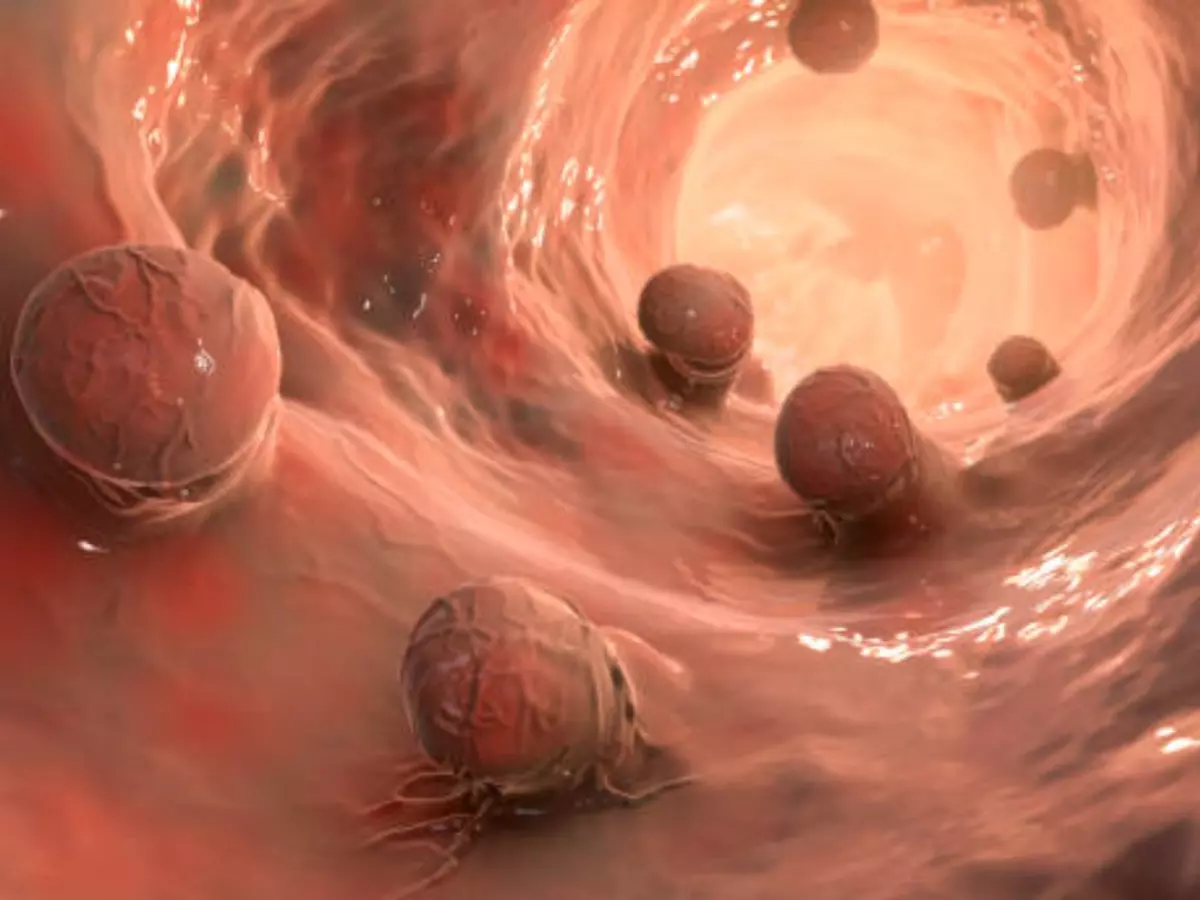Groundbreaking Drug Makes Cancer Disappear In All Patients Part Of Small Trial
While the sample size for this cancer drug included only 18 people, the positive findings from this trial could inspire more confidence in the treatment

A game-changing drug trial for cancer has produced unprecedented results in treatment of patients. All patients involved in the trial of this experimental drug have gone into remission, bringing potential relief for millions of cancer patients globally.
While the sample size included only 18 people, the positive findings from this trial could inspire more confidence in the treatment.
All volunteers in the trial were diagnosed with stage II or III rectal cancer. In these stages, tumours grow large and spread to nearby parts of the body. All participants in the trial had developed cancer through a mechanism known as a deficiency in mismatch repair.
 Unsplash
Unsplash
Enter Dostarlimab - a groundbreaking antibody cancer drug
Researchers developed an antibody in lab called "dostarlimab." The antibody works by inhibiting a protein called "programmed death receptor-1" (PD-1) found commonly in cancer patients.
Sometimes, cancer is caused when cells in our body develop mutations. In turn, these mutations prevent cells from fixing the errors when DNA is copied within these cells. This process leads many people to develop cancerous cells.
 iStock
iStock
Also read: Scientists Grew Sperm On A Microchip To Treat Infertility In Young Cancer Patients
Dostarlimab essentially guides the immune system to recognise these cancer cells as harmful. Later, they're destroyed, as the trial showed. Last year, the new antibody drug was given approval by the Food and Drug Administration to treat cases of endometrial cancer. The best part of this treatment that it was able to eradicate the need for chemotherapy and surgery in patients.
Out of the 18 patients, none have shown signs of a relapse since they started receiving the treatment. According to New York Times, the first patient to have been given the drug has remained free of cancer for two years.
 Unsplash
Unsplash
Also read: Anti-Cancer Compound Found In Soft Corals Can Help Develop Effective Cancer Cure
Of course, larger trials are required to ascertain the true efficacy of this treatment, but everything points to a success! Mind you, though, the drug isn't cheap. Each dose of the drug costs a whopping $11,000 (?8,55,321).
 iStock
iStock
The results from Phase II trial were published in the New England Journal of Medicine and also included the participation of researchers from Yale University, and sponsored by pharma biggie GlaxoSmithKline.
What do you think about this groundbreaking treatment for cancer patients? Let us know in the comments below. For more in the world of technology and science, keep reading Indiatimes.com.
References
Cercek, A., Lumish, M., Sinopoli, J., Weiss, J., Shia, J., Lamendola-Essel, M., el Dika, I. H., Segal, N., Shcherba, M., Sugarman, R., Stadler, Z., Yaeger, R., Smith, J. J., Rousseau, B., Argiles, G., Patel, M., Desai, A., Saltz, L. B., Widmar, M., . . . Diaz, L. A. (2022). PD-1 Blockade in Mismatch Repair¨CDeficient, Locally Advanced Rectal Cancer. New England Journal of Medicine.
Kolata, G. (2022, June 5). Small Study on Rectal Cancer Results in Remission in Every Patient. The New York Times.
Cara, E. (2022, June 7). Remarkable Drug Trial Ends With All 18 Patients Cancer-Free. Gizmodo.
